5 Reasons Why Depression Is Getting More Common
5 Reasons Why Depression is Getting More Common

According to the World Health Organization (2019), depression is defined as a mental disorder that results in a lasting sadness, loss of interest in activities that usually bring joy, alongside the lack of motivation to perform daily tasks. It is also often linked with suicide and anxiety disorders. It is also stated that “an estimate of more than 300 million people of all ages suffer from depression, and is the leading cause of disability worldwide” (World Health Organization 2019). Welch (2017) reports that there has been a 4.5% increase in adolescents’ reports of having symptoms of depression. In this article, I will be sharing 5 reasons why depression is getting more common in our society.
1. Genetics
An article by Faris (2016) states that a person who has family members that have suffered from depression are also likely to develop it. Although environmental factors play a part in the risks of developing depression, genetics could also be a possibility. Do you know of any family members that have depression? If so, it could be linked to genetics as well as other factors of influence.
2. Prevalence of Mental Health Awareness
In the society we live in today, mental health awareness is becoming increasingly prevalent. Comparing to 20 years ago, the topic of mental health could still be more stigmatized. By having more awareness on mental disorders such as depression, people…………………………
Continue Reading Here
More Posts from Tonimichelleluttrell and Others
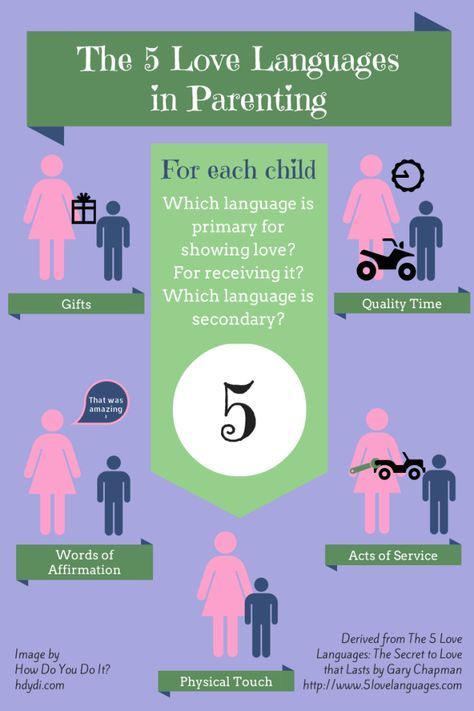
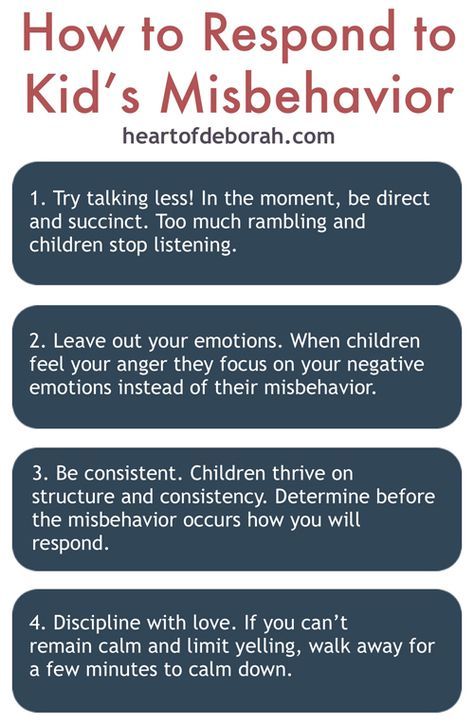


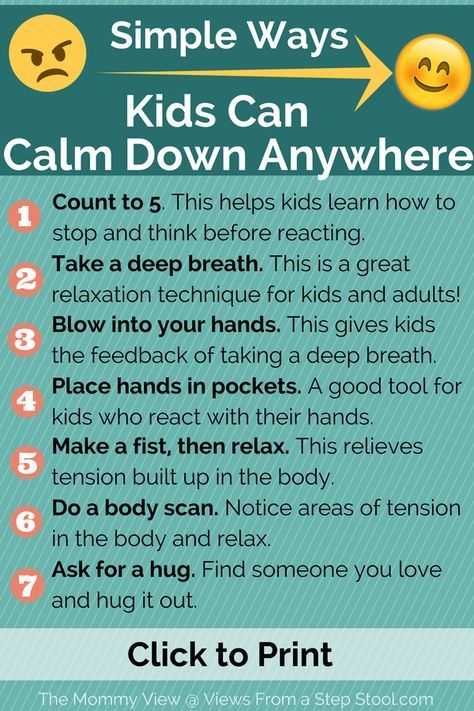





Incredibly Helpful Charts For New Parents
How to Heal Yourself With Writing
If you are going through an overwhelmingly difficult time we encourage you to write. Both your immune system and mental health will better. Let us explain the psychology as to why writing is healing.
Keep reading










Did you know?
Pure, Simple, beautiful quote!!!
“Two things to remember in life: Take care of your thoughts when you are alone, and take care of your words when you are with people.”
— Zig Ziglar (via purplebuddhaquotes)

Read Article Here:
5 Ways to Recognise Depression in Teens
Follow @psych2go for more!






Daily Quotes.
Remembering Alfred Hitchcock 🌹on his Birthday 🎁
Largest Batch of Earth-size, Habitable Zone Planets
Our Spitzer Space Telescope has revealed the first known system of seven Earth-size planets around a single star. Three of these planets are firmly located in an area called the habitable zone, where liquid water is most likely to exist on a rocky planet.
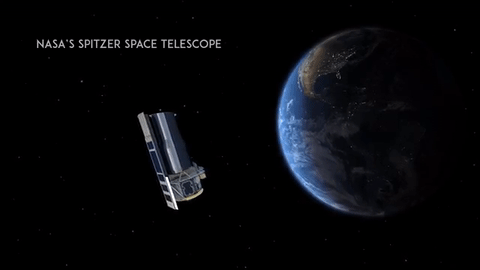
This exoplanet system is called TRAPPIST-1, named for The Transiting Planets and Planetesimals Small Telescope (TRAPPIST) in Chile. In May 2016, researchers using TRAPPIST announced they had discovered three planets in the system.

Assisted by several ground-based telescopes, Spitzer confirmed the existence of two of these planets and discovered five additional ones, increasing the number of known planets in the system to seven.
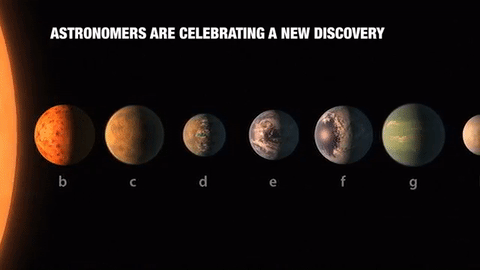
This is the FIRST time three terrestrial planets have been found in the habitable zone of a star, and this is the FIRST time we have been able to measure both the masses and the radius for habitable zone Earth-sized planets.
All of these seven planets could have liquid water, key to life as we know it, under the right atmospheric conditions, but the chances are highest with the three in the habitable zone.

At about 40 light-years (235 trillion miles) from Earth, the system of planets is relatively close to us, in the constellation Aquarius. Because they are located outside of our solar system, these planets are scientifically known as exoplanets. To clarify, exoplanets are planets outside our solar system that orbit a sun-like star.

In this animation, you can see the planets orbiting the star, with the green area representing the famous habitable zone, defined as the range of distance to the star for which an Earth-like planet is the most likely to harbor abundant liquid water on its surface. Planets e, f and g fall in the habitable zone of the star.
Using Spitzer data, the team precisely measured the sizes of the seven planets and developed first estimates of the masses of six of them. The mass of the seventh and farthest exoplanet has not yet been estimated.

For comparison…if our sun was the size of a basketball, the TRAPPIST-1 star would be the size of a golf ball.
Based on their densities, all of the TRAPPIST-1 planets are likely to be rocky. Further observations will not only help determine whether they are rich in water, but also possibly reveal whether any could have liquid water on their surfaces.
The sun at the center of this system is classified as an ultra-cool dwarf and is so cool that liquid water could survive on planets orbiting very close to it, closer than is possible on planets in our solar system. All seven of the TRAPPIST-1 planetary orbits are closer to their host star than Mercury is to our sun.

The planets also are very close to each other. How close? Well, if a person was standing on one of the planet’s surface, they could gaze up and potentially see geological features or clouds of neighboring worlds, which would sometimes appear larger than the moon in Earth’s sky.

The planets may also be tidally-locked to their star, which means the same side of the planet is always facing the star, therefore each side is either perpetual day or night. This could mean they have weather patterns totally unlike those on Earth, such as strong wind blowing from the day side to the night side, and extreme temperature changes.

Because most TRAPPIST-1 planets are likely to be rocky, and they are very close to one another, scientists view the Galilean moons of Jupiter – lo, Europa, Callisto, Ganymede – as good comparisons in our solar system. All of these moons are also tidally locked to Jupiter. The TRAPPIST-1 star is only slightly wider than Jupiter, yet much warmer.
How Did the Spitzer Space Telescope Detect this System?
Spitzer, an infrared telescope that trails Earth as it orbits the sun, was well-suited for studying TRAPPIST-1 because the star glows brightest in infrared light, whose wavelengths are longer than the eye can see. Spitzer is uniquely positioned in its orbit to observe enough crossing (aka transits) of the planets in front of the host star to reveal the complex architecture of the system.

Every time a planet passes by, or transits, a star, it blocks out some light. Spitzer measured the dips in light and based on how big the dip, you can determine the size of the planet. The timing of the transits tells you how long it takes for the planet to orbit the star.

The TRAPPIST-1 system provides one of the best opportunities in the next decade to study the atmospheres around Earth-size planets. Spitzer, Hubble and Kepler will help astronomers plan for follow-up studies using our upcoming James Webb Space Telescope, launching in 2018. With much greater sensitivity, Webb will be able to detect the chemical fingerprints of water, methane, oxygen, ozone and other components of a planet’s atmosphere.
At 40 light-years away, humans won’t be visiting this system in person anytime soon…that said…this poster can help us imagine what it would be like:

Make sure to follow us on Tumblr for your regular dose of space: http://nasa.tumblr.com
Most of the loud, articulate and visible people in the mental illness related communities are people who could, admittedly with outdated terminology, be considered "high functioning."
This makes sense, considering that it takes a certain level of ability and energy to get properly involved in activism of any kind. But here's a reminder not to forget and exclude the rest of us.
Don't forget about the people with cognitive impairments and intellectual disabilities and learning difficulties and don't alienate them by insisting that "just because we're mentally ill doesn't mean we're not intelligent."
Don't forget about the people in institutions like group homes and psych wards and don't alienate them by talking about how "mental illness doesn't mean you have to be locked up in an institution."
Don't forget about the people who are unemployed and/or uneducated and are forced to rely economically on welfare or their loved ones and don't alienate them by saying things like "mental illness should not affect your ability to provide for yourself."
Don't forget about all the people with chronic illnesses and all the people who are treatment resistant and don't alienate them by saying that a full recovery is always inevitable and realistic.
Don't forget about the people who are visibly mentally ill and who can't ever pass as neurotypical and don't alienate them by saying things like "mentally ill people are always just like everyone else."
Every mentally ill person struggles in different ways and I don't mean to invalidate anyone, but I am tired of seeing the more functional people throw less functional people under the bus in the name of activism and reducing stigma.

http://www.personal-quotes.com
-
 yandere-dark-cupid liked this · 3 years ago
yandere-dark-cupid liked this · 3 years ago -
 neurologistindore liked this · 4 years ago
neurologistindore liked this · 4 years ago -
 sweetpetiteplant liked this · 5 years ago
sweetpetiteplant liked this · 5 years ago -
 unsweetteaplease reblogged this · 5 years ago
unsweetteaplease reblogged this · 5 years ago -
 maddeningmagic106 reblogged this · 5 years ago
maddeningmagic106 reblogged this · 5 years ago -
 kwazycupcakess liked this · 5 years ago
kwazycupcakess liked this · 5 years ago -
 lovely-kill liked this · 5 years ago
lovely-kill liked this · 5 years ago -
 gambit135 liked this · 5 years ago
gambit135 liked this · 5 years ago -
 psychologyteen liked this · 5 years ago
psychologyteen liked this · 5 years ago -
 psychologyteen reblogged this · 5 years ago
psychologyteen reblogged this · 5 years ago -
 abnegerudite reblogged this · 5 years ago
abnegerudite reblogged this · 5 years ago -
 quetejuuu reblogged this · 5 years ago
quetejuuu reblogged this · 5 years ago -
 quetejuuu liked this · 5 years ago
quetejuuu liked this · 5 years ago -
 elizahgzm liked this · 5 years ago
elizahgzm liked this · 5 years ago -
 dan-zay liked this · 5 years ago
dan-zay liked this · 5 years ago -
 spongebobs-dirty-secret liked this · 5 years ago
spongebobs-dirty-secret liked this · 5 years ago -
 neutral7 liked this · 5 years ago
neutral7 liked this · 5 years ago -
 captaincrookedstrangercollector reblogged this · 5 years ago
captaincrookedstrangercollector reblogged this · 5 years ago -
 captaincrookedstrangercollector liked this · 5 years ago
captaincrookedstrangercollector liked this · 5 years ago -
 starlinsbar liked this · 5 years ago
starlinsbar liked this · 5 years ago -
 distressed-noises reblogged this · 5 years ago
distressed-noises reblogged this · 5 years ago -
 distressed-noises liked this · 5 years ago
distressed-noises liked this · 5 years ago -
 arosaurus liked this · 5 years ago
arosaurus liked this · 5 years ago -
 holidayrocket liked this · 5 years ago
holidayrocket liked this · 5 years ago -
 thepagemasternerd liked this · 5 years ago
thepagemasternerd liked this · 5 years ago -
 dm-10ftline liked this · 5 years ago
dm-10ftline liked this · 5 years ago -
 dm-10ftline reblogged this · 5 years ago
dm-10ftline reblogged this · 5 years ago -
 xcrimsonnightx reblogged this · 5 years ago
xcrimsonnightx reblogged this · 5 years ago -
 xcrimsonnightx liked this · 5 years ago
xcrimsonnightx liked this · 5 years ago -
 miss-twix liked this · 5 years ago
miss-twix liked this · 5 years ago -
 oddjobsginchan reblogged this · 5 years ago
oddjobsginchan reblogged this · 5 years ago -
 trying-to-catch-a-dream liked this · 5 years ago
trying-to-catch-a-dream liked this · 5 years ago -
 thinkintrovertedthoughts liked this · 5 years ago
thinkintrovertedthoughts liked this · 5 years ago -
 doppelganger511 liked this · 5 years ago
doppelganger511 liked this · 5 years ago -
 josefinareyes liked this · 5 years ago
josefinareyes liked this · 5 years ago -
 benstar279 liked this · 5 years ago
benstar279 liked this · 5 years ago -
 knightcrafin liked this · 5 years ago
knightcrafin liked this · 5 years ago -
 moon---lesbian liked this · 5 years ago
moon---lesbian liked this · 5 years ago -
 perksof-everything liked this · 5 years ago
perksof-everything liked this · 5 years ago -
 queerhistorymajor liked this · 5 years ago
queerhistorymajor liked this · 5 years ago -
 visaliia liked this · 5 years ago
visaliia liked this · 5 years ago -
 heartpirateyakimayobi liked this · 5 years ago
heartpirateyakimayobi liked this · 5 years ago
